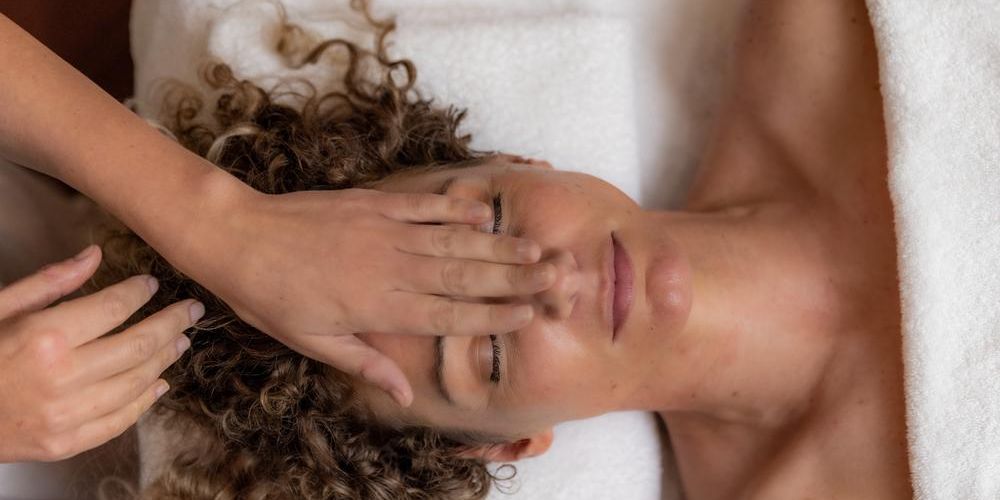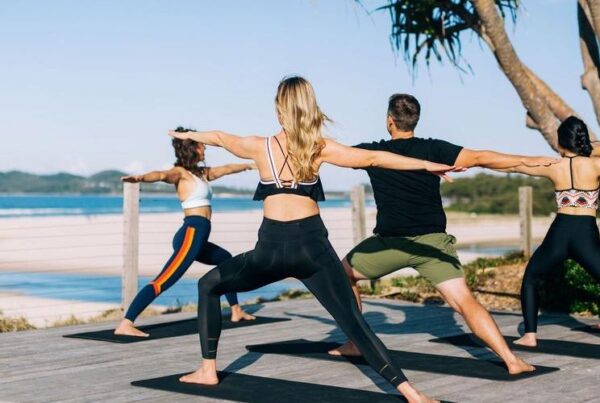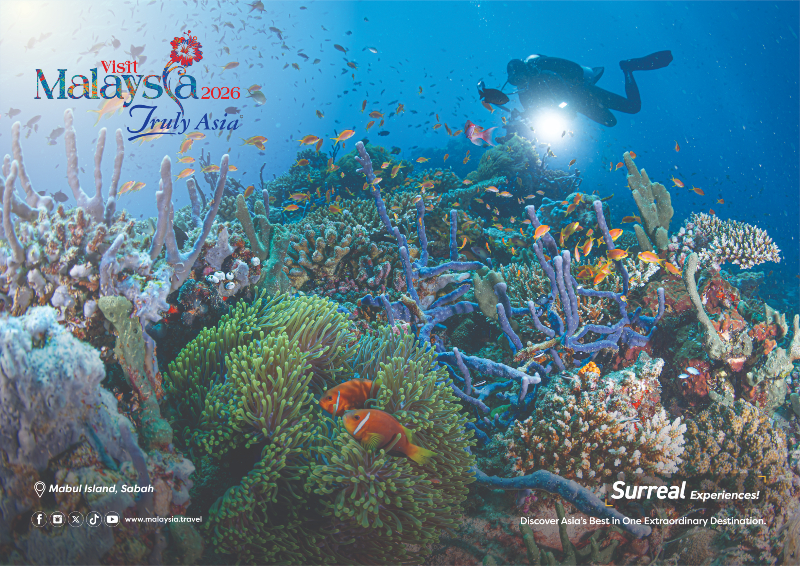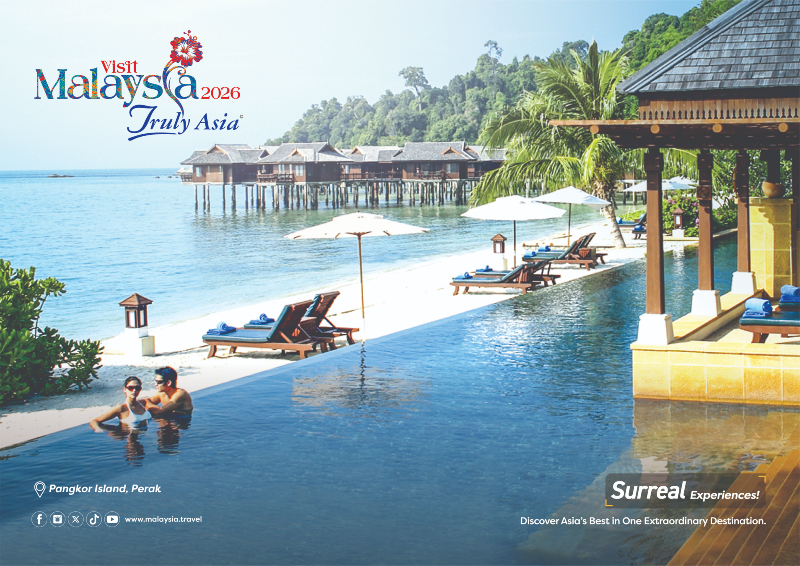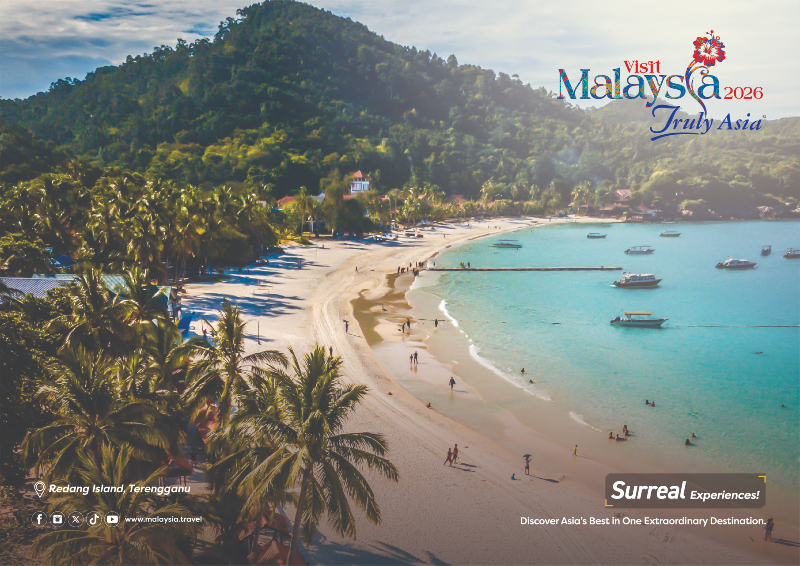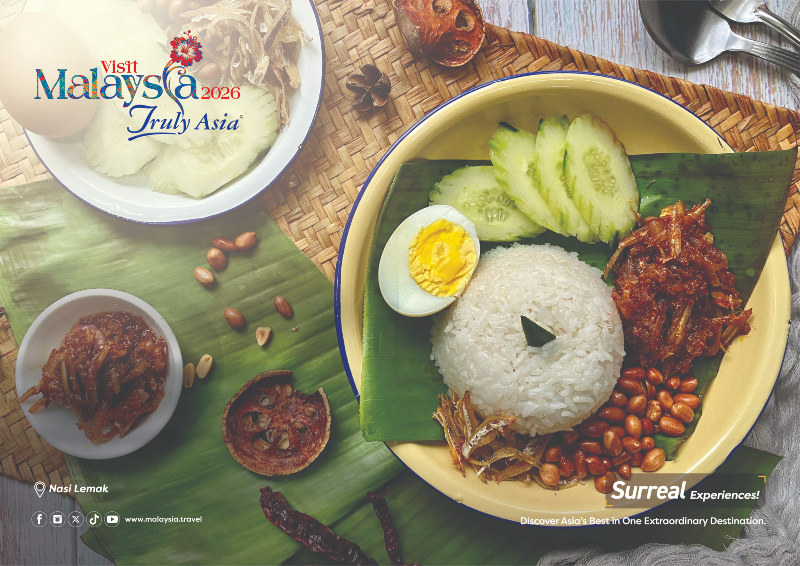Australia has been ranked as the most desirable wellness tourism destination in the Global Wellness Institute (GWI) 2025 Wellness Survey, writes Tracey Leitch.
The research saw Australia crowned the number one destination for wellness experiences ahead of New Zealand, Bali, Japan and the South Pacific.
The research also showed that 56% of Australians intend to take a holiday that includes a wellness component in the next year, reflecting a growing appetite for travel that supports wellbeing.
When it comes to what’s hot right now, bathing rituals such as wild swimming, bathhouses, thermal springs and ice baths and plunges topped the trend list (54%).
These were followed by nature-based activities (52%), use of wellness apps (48%) and animal assisted wellness growing at (16%). Other trends gaining momentum include sleep optimisation and gut health.
 Katherine Droga, Founder of Well Traveller and Chair of the Global Wellness Institute’s Wellness Tourism Initiative, said the appetite Australians are showing to explore different experiences for their wellbeing locally rather than overseas, speaks volumes in regards to the abundance of wellness offerings on our doorstep.
Katherine Droga, Founder of Well Traveller and Chair of the Global Wellness Institute’s Wellness Tourism Initiative, said the appetite Australians are showing to explore different experiences for their wellbeing locally rather than overseas, speaks volumes in regards to the abundance of wellness offerings on our doorstep.
“Take bathing rituals for example. These range from wild swimming in our rivers and oceans, outdoor tubs in nature at farm stays through to urban and regional bathhouses,” she added.
“Social bathing is also flourishing, from magnesium pools at places like Billabong Retreat in Sydney to Moroccan-inspired hammams in Parramatta.
“Natural mineral pools are also popular like Yarrangobilly Caves Thermal Pool in the Snowy Valleys. And of course, ice baths themselves remain a major trend across the country in all different settings.”
Despite this increased appetite for wellness, the research showed a decline in Australians’ overall wellbeing – with the national average now sitting at 6.5 out of 10, down from 6.7 in the previous survey in 2022.
The lowest scores were in financial wellbeing (5.9) and sleep wellbeing (5.9), followed by physical wellbeing (6.1), social wellbeing (6.2) and nutrition and mental wellbeing (both 6.4).
One in four Australians reported they haven’t had a three-day holiday in over a year and of this number,12% said it’s been more than two years.
Droga said these results revealed Australians are in urgent need of a wellness break.
“Balance is slipping for Australians – financially, physically and emotionally,” she said.
“Annual leave stockpiling is leaving people exhausted and disconnected. Too many people are postponing their rest, when in reality shorter, more frequent breaks are proven to have a greater positive impact on wellbeing.”
“It’s about making small, practical choices that set you up for long-term health.”
